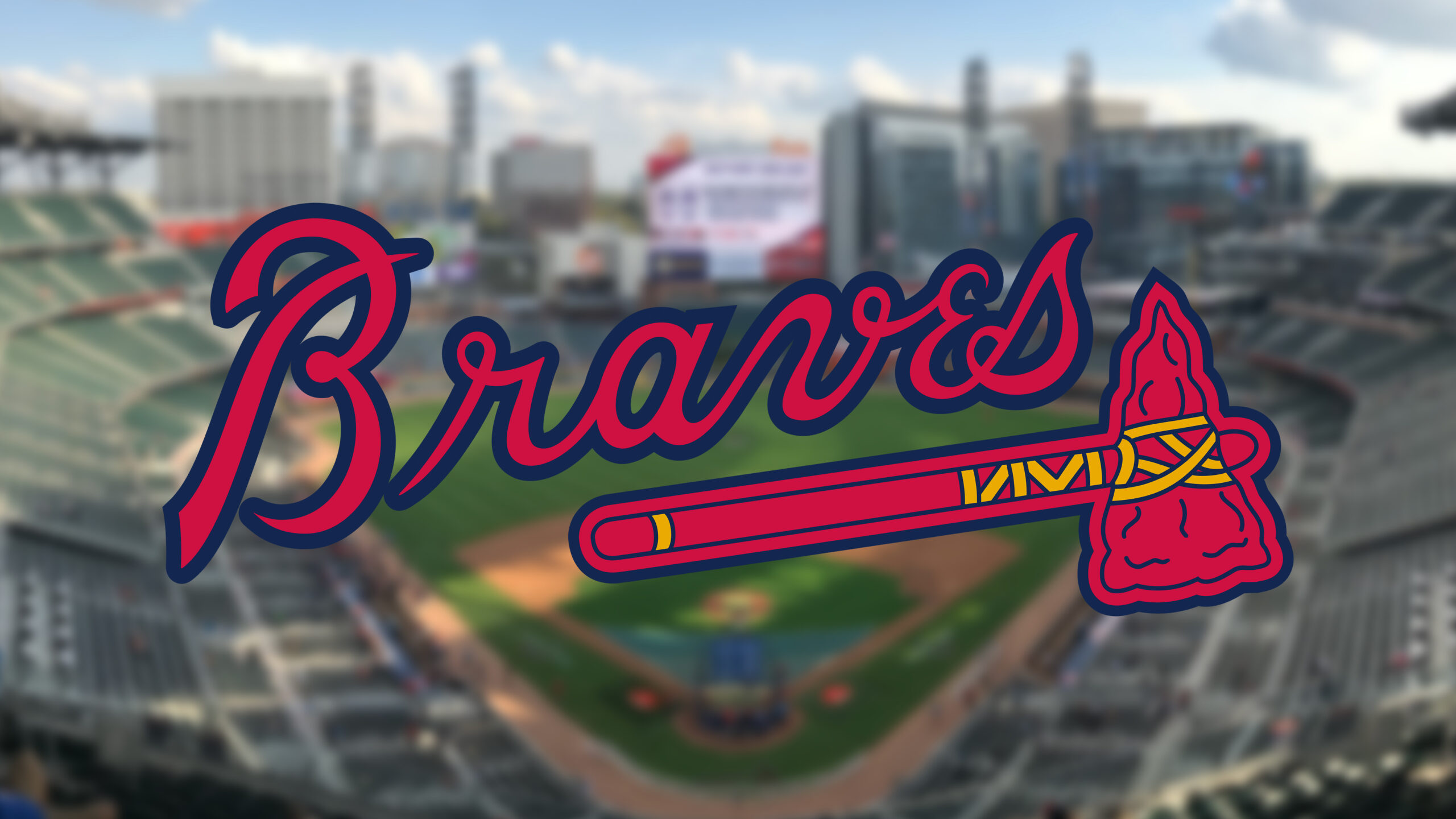(Photo credit goes to Major League Baseball)
The Atlanta Braves have made history by becoming the only publicly traded franchise in Major League Baseball. Following a split from its former parent company, Liberty Media, the Braves’ stock is now listed on Nasdaq under “BATRA,” “BATRB,” and “BATRK.” This significant move has opened up new possibilities for the organization, but it also comes with its set of challenges. In this article, we will explore the pros and cons of being a publicly traded company for the Atlanta Braves and the implications this decision may have on the team’s future.
History of the Atlanta Braves
The Atlanta Braves, one of the oldest and most storied franchises in baseball, has a rich history dating back to 1871. Originally established in Boston, the team moved to Milwaukee in 1953 before finding its home in Atlanta in 1966. Throughout its existence, the Braves have enjoyed several successful periods, including multiple World Series victories and a loyal fan base.
Pros of Being a Publicly Traded Company
- Increased Capital: By going public, the Atlanta Braves gain access to a wider pool of investors and can raise significant capital to fund various initiatives. This financial infusion can be utilized to invest in player acquisitions, stadium upgrades, and innovative marketing strategies.
- Enhanced Brand Visibility: Being a publicly traded company brings heightened media attention and visibility. This exposure can attract more fans, sponsors, and business partnerships, contributing to long-term revenue growth.
- Liquidity for Shareholders: Going public allows existing shareholders, including Liberty Media, to sell their shares on the stock market, providing them with liquidity and potential profits.
- Mergers and Acquisitions: As a publicly traded entity, the Braves have the flexibility to explore mergers and acquisitions, expanding their business operations and diversifying revenue streams.
Cons of Being a Publicly Traded Company
- Short-Term Focus: With shares being subject to market fluctuations, the Braves must prioritize short-term performance to satisfy shareholders. Winning seasons become even more critical to maintain stock stability and investor confidence.
- Transparency and Reporting: As a publicly traded company, the Braves are required to disclose financial information, business strategies, and operational decisions to the public. This level of transparency may limit the team’s ability to maintain certain competitive advantages.
- Pressure for Consistent Performance: The Braves may face heightened pressure to maintain a consistently strong performance to appease investors. This pressure could impact long-term strategic decisions.
- Managerial Distractions: The demands of public reporting and investor relations may divert managerial focus from on-field activities, potentially affecting the team’s overall performance.
In Conclusion,
The Atlanta Braves’ decision to go public as a publicly traded company marks a significant milestone in Major League Baseball. While this move offers access to increased capital, brand visibility, and liquidity for shareholders, it also introduces challenges such as short-term focus and transparency requirements. As the Braves continue to build on their success both on and off the field, they must strike a delicate balance between pleasing investors and maintaining their status as a gold standard franchise in baseball.

